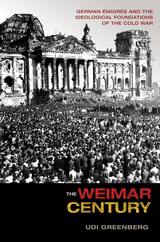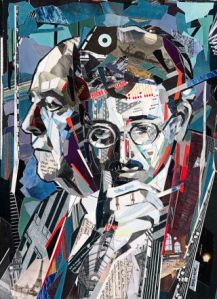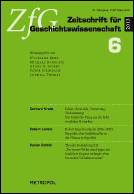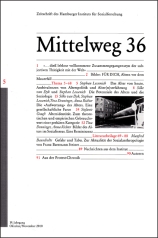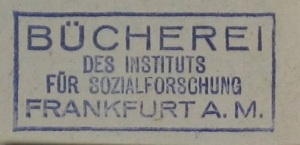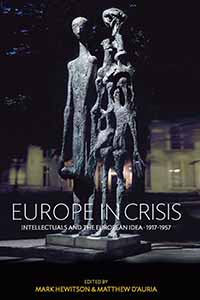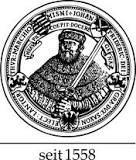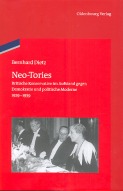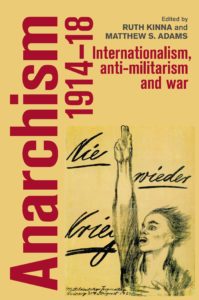 This new volume edited by Matthew S. Adams and Ruth Kinna sheds some much-needed light on the history of the Anarchist movement and its response to WWI: “Considerable research has been inspired by the failure of the mainstream European socialist movement to prevent hostilities in 1914, but virtually no work has been done on the anarchist response. This is despite the fact that all of the belligerents hosted anarchist groups and dissidents, and that anarchism dominated what Benedict Anderson called the self-consciously internationalist radical Left in the years leading up to the war’s outbreak. Anarchism 1914-1918 takes a first step toward filling this gap. Continue reading
This new volume edited by Matthew S. Adams and Ruth Kinna sheds some much-needed light on the history of the Anarchist movement and its response to WWI: “Considerable research has been inspired by the failure of the mainstream European socialist movement to prevent hostilities in 1914, but virtually no work has been done on the anarchist response. This is despite the fact that all of the belligerents hosted anarchist groups and dissidents, and that anarchism dominated what Benedict Anderson called the self-consciously internationalist radical Left in the years leading up to the war’s outbreak. Anarchism 1914-1918 takes a first step toward filling this gap. Continue reading
Welcome to the Weimar Studies Network
The Weimar Studies Network (WSN) is an international platform for researchers and academics working on the history of the Weimar Republic.
It offers information on recent publications, up-coming events and on-going research projects on the politics, culture and society of the interwar years in Germany.
The WSN is open to anybody with an interest in the history of Weimar Germany.- Architecture Art History Berlin Biography Conference Cultural History Economic History Education Exhibition Fashion Foreign Policy Gender General History History of Science History of the Everyday Intellectual History Journal Legal History Literature Media History Military History National Socialism Political History Religious Culture Resource Social History Theatre & Film Transnational History Visual Culture
Blogroll

